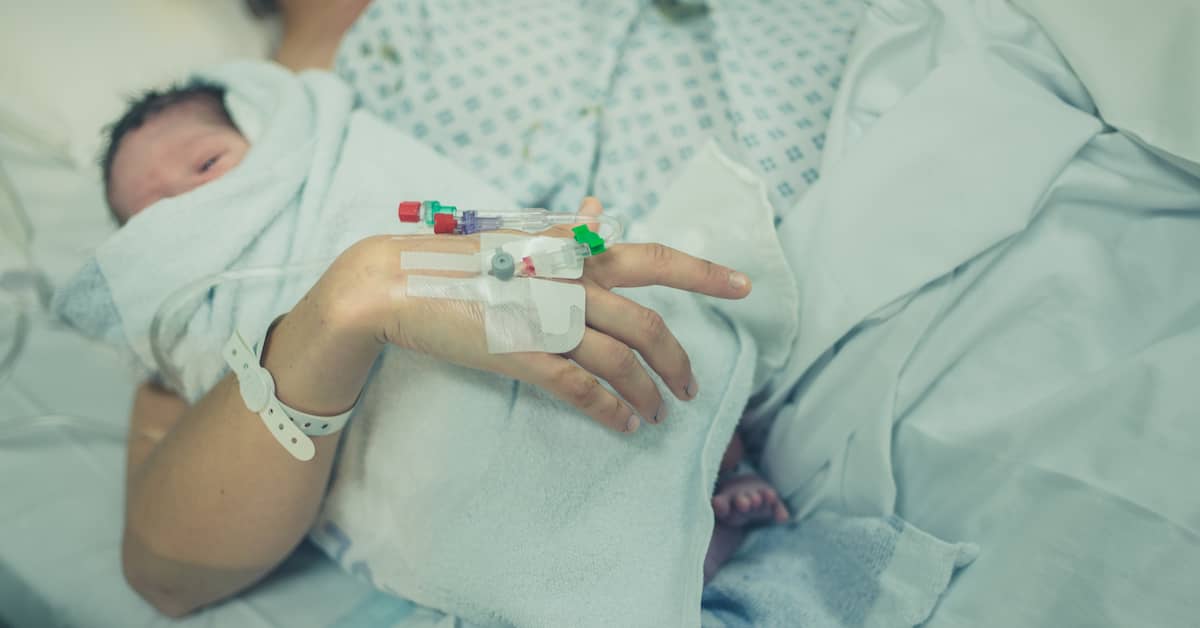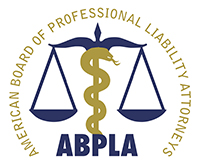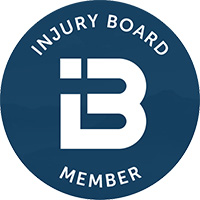
How Does Life Change After the Traumatic Amputation of a Leg?
A person’s life changes the instant a limb is lost. For those who lose one or more of their legs, it has a direct impact on their mobility and daily lives.
If you lost a limb due to the negligent behavior of someone else, you deserve justice. The amputation injury lawyers at Mandell, Boisclair & Mandell, Ltd. have helped clients in Providence and other Rhode Island areas for 45 years. We are committed to protecting your rights and pursuing the full compensation you need and deserve.
Physical Effects of Traumatic Leg Amputation
Amputation recovery progresses in stages. Depending on the diagnosis, age, and overall health of a traumatic amputation survivor, the basic stages of recovery generally include:
Living with a Prosthesis
In the weeks following a leg amputation, once the wound has healed well enough to begin the process, patients are typically fitted for a prosthetic limb. Temporary limbs are used to make adjustments based on individual needs. For example, leg amputations above the knee may require extra parts or an athlete may want an extra prosthesis designed specifically for sports.
Selecting the appropriate prosthesis involves numerous considerations, such as the patient’s:
- Level of amputation
- Health concerns
- Activity level
- Functionality vs aesthetic appearance
- Need for additional, specialized limbs
Although technological advancements have greatly improved the quality and capabilities of modern prosthetics, the human body still requires some level of training to adapt. After a single leg amputation, the body’s natural reaction is to shift more of the burden to the remaining leg. Prosthetic training helps the body learn how to distribute weight evenly as if the original limb still remained.
Home Modifications
No matter how much someone prepares for living with a prosthesis, unexpected challenges can arise. Bathroom activities are commonly most concerning for new amputees. While many people find it easier to ask for help in the kitchen or with other household chores, everyone prefers privacy in the bathroom. From handrails on the toilet to seats and stools in the shower, home modifications and assistive devices can help amputees live independent lives.
Phantom Limb Syndrome
Phantom limb syndrome is a common condition in which amputees believe they can feel their amputated limb. Although not everyone who experiences this phenomenon feels pain in the missing limb, some do. Phantom limb pain can range from sensations of cramping and aching to shock or burning.
Phantom limb pain can occur immediately after an amputation or take weeks, months, or even years to develop. While much about phantom limb pain is still a mystery, it is believed that it can be triggered by feelings of fear, anxiety, and stress. Many amputees note that occurrences of phantom pain reduce after using a prosthesis.
Emotional Recovery From Traumatic Leg Amputation
The psychological impact of a traumatic amputation can trigger an array of intense emotions, often including grief and bereavement. Because of this, emotional recovery is equally as important as physical recovery.
It is common for amputees to experience a range of negative emotions, especially in cases of traumatic amputation, in which a limb was lost suddenly and without warning. Without the opportunity to prepare for the reality of amputation, it can be more difficult to cope with feelings of frustration, sadness, and even suicidal ideation.
With greater or lesser intensity, survivors of traumatic amputations typically undergo a process that includes the following psychological phases:
- Denial: This is particularly common among people who underwent an unexpected amputation. These individuals are also more likely to develop post-traumatic stress disorder (PTSD).
- Anger: It is common for people to feel angry, especially in cases where someone else’s careless or reckless actions caused the amputation. This anger can lead to heightened states of stress, nervousness, and episodes of violence.
- Depression: Often a consequence of anger, depression can be one of the most difficult and prolonged phases of an amputee’s emotional process. While often overwhelming, depression can be treated and overcome with the help of medical professionals, family, and friends.
- Acceptance: Through the support of physical and emotional rehabilitation, amputees can accept and adapt to their new circumstances. During this phase, it is beneficial to have the encouragement of others who have experienced a similar situation to share experiences and offer advice for ways to cope with the loss.
Ongoing Support After Traumatic Amputation
Rehabilitation is an ongoing process. While the encouragement of family and friends is critical, so is the support of a rehabilitation team, which may include doctors, therapists, physiotherapists, and prosthetists.
The loved ones of amputees may also need support. Family members and close friends can sometimes feel a level of grief, loss, or stress due to a loved one’s amputation. Helping and strengthening an amputee’s support circle can be an important step in the healing process.
Whether a person is a recent amputee or has been living with the loss of a limb for years, no one is immune to needing help every now and then. Emotional rehabilitation is rarely ever complete, and emotional reactions can fluctuate from week to week. Counselors or therapists may remain in an amputee’s life to help him or her continue to cope with the new reality.
Contact an Amputation Injury Lawyer in Providence
Mandell, Boisclair & Mandell, Ltd is committed to leveling the playing field for our clients and helping them recover the maximum compensation to which they are entitled under the law.
We know that after a traumatic amputation, you may be facing an overwhelming number of new concerns, challenges, and losses. Our experienced amputation injury lawyers can help.
Contact us today online or at (401) 273-8330 for a free, no-obligation case evaluation. Mandell, Boisclair & Mandell, Ltd serves clients from Providence and other areas in Rhode Island.





























